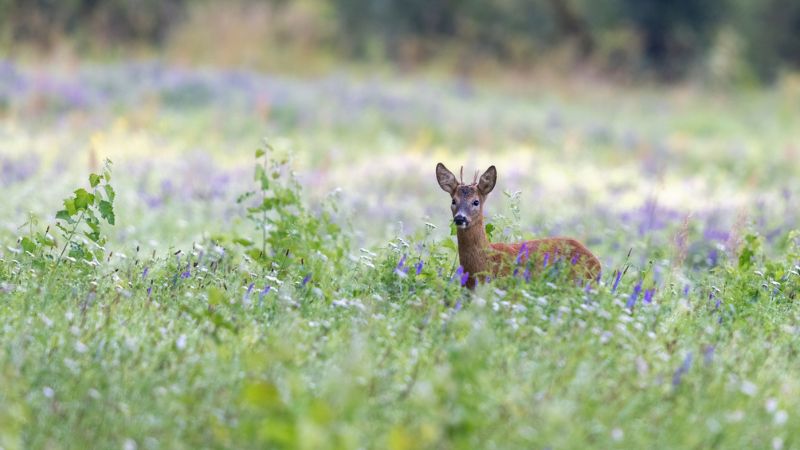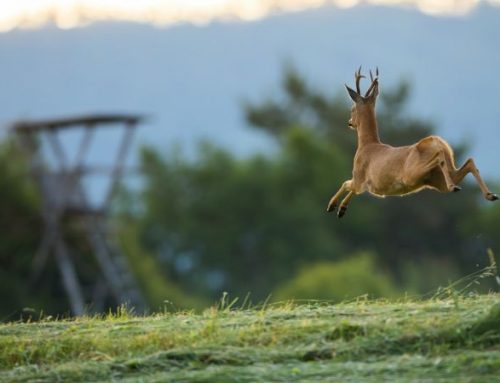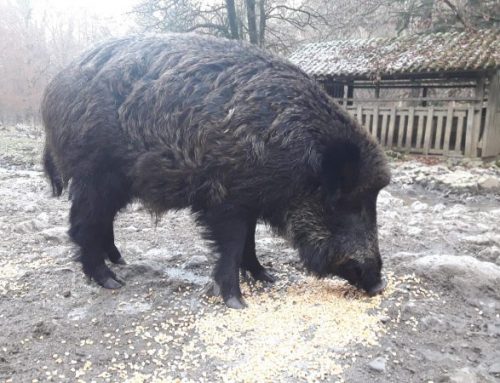In today’s often polarized debate on hunting, a fundamental concept is too often forgotten: ethical hunting, based on respect, awareness, and responsibility.
A word that, in the hunting context, does not simply represent a code of conduct, but the very foundation of an ancient practice — one rooted in restraint, knowledge, responsibility, and style. Because true hunting — the kind passed down through generations, the kind based on an authentic relationship with nature — is never a massacre.
Far from the Stereotypes
The image of the hunter as an insatiable exterminator belongs to a caricatured and, in today’s reality, deeply inaccurate vision. Those who truly understand the hunting world know that, now more than ever, the hunter is a conscious steward, a skilled observer, and an active agent in environmental conservation.
Regulations are strict, inspections are constant, but above all, it is personal ethics that make the difference: ethics of respect for the animal, the environment, and the community.
The Measure of Harvest
One of the unwritten rules of hunting ethics is restraint. Restraint in harvesting, in selection, in planning. Hunting today no longer means taking as many animals as possible, but carefully choosing if, when, and how to intervene. In reserves such as La Montefeltro in Rivergaro, for example, the management of ungulates is based on scientifically validated wildlife plans. Every animal taken is the result of careful evaluation — never of impulsive decisions. You don’t shoot on instinct, but out of responsibility.
Knowledge is Respect
Hunting ethics also stem from a deep knowledge of the animal. The modern hunter can distinguish age, sex, health condition, and the social structure of the species being observed. Every observation, every stakeout, every shot is preceded by study and awareness. Animals are not taken down out of vanity or for collecting trophies, but to contribute to ecosystem balance, maintain herd health, or prevent environmental and agricultural damage.
Respect for Nature and Emotion
True hunting is silent. It often takes place at dawn, in harmony with the rhythms of nature. Every step through the woods, every wait on the ridge, has a deep, ancient flavor. Some speak of “hunting spirituality”: a personal feeling that connects the hunter to the land, to the animals, to the seasons. When it comes to the moment of harvest, the act is one of respect. There is no celebration, but reflection. No showmanship, but discretion.
A Style that Educates
Hunting ethics is also about style. And style is what remains when all else is forgotten. It’s in how one speaks about their passion, how they interact with other hunters, with guides, and with those unfamiliar with hunting. To be a hunter today also means being able to communicate one’s identity with balance and dignity. For example, those who take part in a hunt organized by Montefeltro will find not only game and stunning landscapes, but culture, education, attention to detail, hospitality, and shared values.
Without Responsible Hunters, Wildlife Would Suffer
Another crucial aspect of modern hunting ethics is understanding the fundamental role the conscious hunter plays in protecting wildlife. The idea — widespread yet naïve — that “nature regulates itself” may sound appealing in its simplicity, but it doesn’t consider the dramatic changes ecosystems have undergone in the past hundred years.
Widespread human settlement, urban sprawl, habitat fragmentation, and the removal of many natural predators have significantly disrupted ecological balance. Processes that once regulated themselves now require targeted, science-based interventions. Without control, some species grow unchecked, leading to overpopulation, disease outbreaks, agricultural damage, and biodiversity loss.
The ethical hunter, trained and guided by management plans, does not act against nature, but for nature. Their role is not that of a random predator, but that of a responsible regulator. Removing surplus animals, culling the sick, and intervening where human activity has created imbalance often means saving an entire habitat. Dismissing all this with the claim that nature “can take care of itself” is not just foolish — it’s potentially dangerous.
The Wolf Case: A Management Failure
A striking example of the risks tied to the absence of active management is the case of the wolf (Canis lupus) in many areas of Italy. Reintroduced or naturally recolonized after decades of absence, the wolf is now experiencing uncontrolled expansion, enabled by regulations that prevent any form of active containment — even when ecologically necessary.
Strictly protected by EU and national laws, the wolf has multiplied its presence in environments that have changed drastically from the past. Reduced human pressure in marginal areas, the abandonment of traditional pastoralism, the growth of wild ungulates, and the absence of top predators have created ideal conditions for its spread.
However, the lack of a management strategy has led to serious consequences: hundreds of attacks on livestock every year, growing social conflict with rural communities, and in some areas, wolves approaching towns and human-populated areas. Cases of domestic animals being attacked, and even sightings just meters from homes, playgrounds, and tourist zones, are not uncommon.
To continue repeating that “nature regulates itself” in this context is not only theoretically weak but also irresponsible. Nature regulated itself when there were still untouched spaces, intact food chains, and far less human pressure. Today, in a heavily anthropized landscape, wildlife needs active, transparent, competent, and — when necessary — selective management.
The wolf case should serve as a wake-up call. A blind policy, driven more by ideology than science, risks undermining public support for wildlife conservation itself. And it’s in such situations that the trained, monitored, and deeply ethical hunter can become a key asset — not as a persecutor, but as a regulator.
Hunting is Responsibility
Far removed from consumerist excess, authentic hunting is about responsibility for the world around us. It means knowing when not to pull the trigger. It means accepting limits, silence, and renunciation — but also valuing every action and every decision. In a world where our connection to nature risks becoming increasingly shallow, the ethical hunter has a vital role: that of witness, mediator, and guardian.
True hunting is never a massacre, because it doesn’t come from violence — but from understanding. It’s not measured in numbers, but in correct actions. It doesn’t live in excess, but in restraint. And those who hunt with awareness know that the greatest satisfaction is not in the kill, but in being true to oneself and to nature.
At Montefeltro, we believe that modern hunting must be ethical, selective, and respectful — and we are proud to guide those who live this passion in that spirit.











